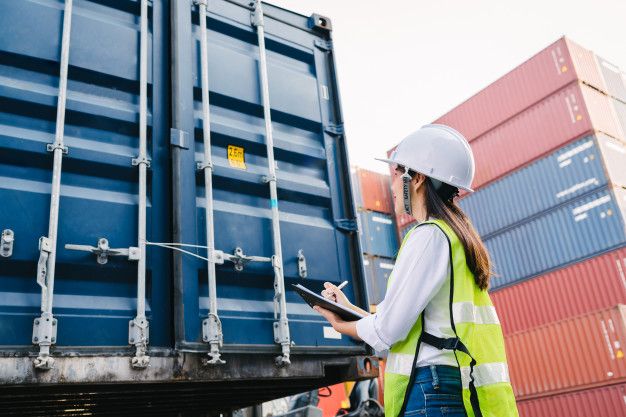The Customs Verification Agreement is binding between Mexico and the United States and allows the United States to request customs information from Mexico to verify the legality of a shipment of fauna or flora.
Linked to the Treaty between Mexico, the United States and Canada (T-MEC), the Customs Verification Agreement was signed on December 10, 2019.
From the perspective of the US Congress, Mexico is a known source and hub for transshipment of wild fauna and flora caught illegally.
Therefore, this new mechanism will allow the United States to hold Mexico accountable and discourage the shipment of these illegal goods in Mexico. The same provisions apply to the contrary, against illegal US acts.
The Customs Verification Agreement establishes that in addition to Article 24.22 (Conservation and Commerce) of the T-MEC, a Party may request the other Party to provide relevant information regarding the legality of a particular shipment, in order to support the Requesting party to determine whether an importer has provided adequate and accurate information, including documents and other records.
The requesting Party shall make its request in writing.
Customs Verification Agreement
The requested Party shall respond to the request, as soon as possible, as to whether it will provide information and, if applicable, within a period not exceeding 20 days after the date it receives the request.
If the requested Party does not intend to share the respective information, the response will indicate the reason for the refusal. If the requested Party will share the requested information, the response will indicate the estimated time and other relevant details.
Additionally, the Customs Verification Agreement orders that if the requested Party agrees to share the information requested pursuant to paragraph 1, it shall provide the requesting Party with the respective documentation within a period not exceeding 90 days after the date of the request or pursuant to otherwise agreed by the Parties.

The requesting Party may, if appropriate, request additional measures to verify the information provided or that relating to the particular shipment identified in accordance with paragraph 1. In the event that the requested Party rejects this request, the requested Party shall provide a response by writing indicating the reason for the refusal.
In the event of an on-site visit by the requested Party, the requesting Party may, through its designated officials, seek to accompany the requested Party. The requested Party may decline such request, but must provide a written response indicating the basis for the denial.

